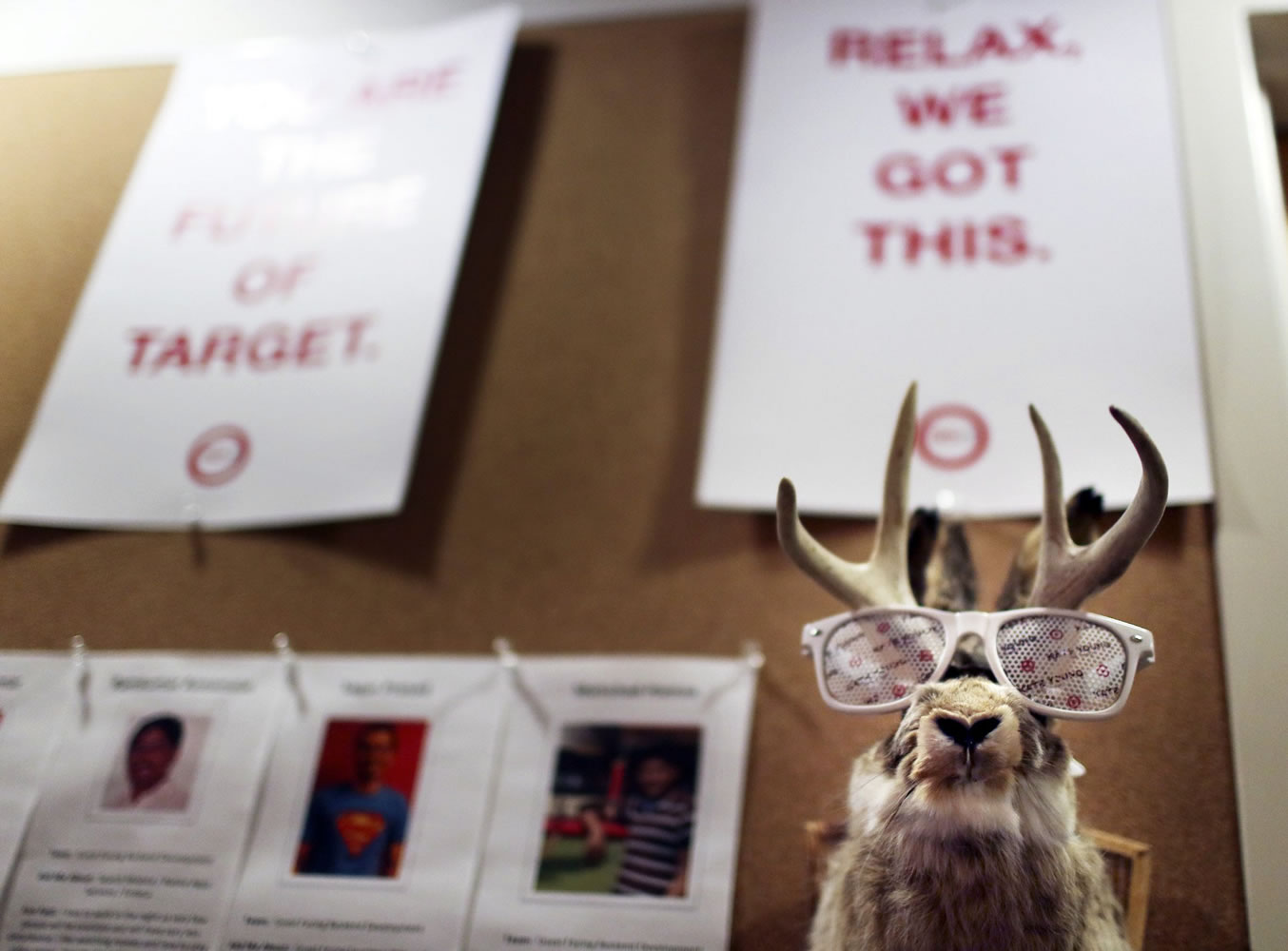Elwin Loomis had spent 12 years at Target Corp. when he realized he wanted to work for smaller technology companies that really focused on game-changing innovation. In the next decade, Loomis’ quest took him everywhere from Hong Kong to North Mankato, Minn.
About a year and a half ago, Loomis finally found a large corporation that energized him: Target.
“At Target, we’re at the right time, the right place and the right culture to really effect transformative change,” said Loomis, a senior group manager with emerging technologies. “There’s some really good stuff happening now.”
Two years after revamping its website, the Minneapolis-based retailer has gone on a digital tear, dramatically transforming a store-based culture ruled by marketers and merchandisers into an integrated innovation machine. The company that normally needs a year to plan collections of clothes and accessories now wants to roll out mobile applications and social media tools in just weeks.
“It’s not about just one physical manifestation on how you innovate, like a research and development center,” said Beth Jacob, Target executive vice president and chief information officer. “Innovation is everyone’s day job.”
At times, Target seems to be operating at 4G speed. In the past several months, the company has retooled Target Mobile, launched a digital coupon program via Facebook and live-streamed the doings of YouTube millennials residing in dorm rooms outfitted with Target merchandise that consumers can purchase by just scrolling over the products.
Such ambitious efforts come at a pivotal time for Target. The retailer has struggled to grow sales at its 1,784 stores in the United States as impatient and digital-savvy consumers flock to the Internet in search of deals, entertainment and convenience. As a result, retailers are searching for new sources of growth through online, mobile and social media.
Behind the scenes at Target, the cultural changes have been dramatic. Teams of executives regularly evaluate new technologies, whether they have originated from Target’s newly minted innovation center near Silicon Valley or from corporate employees. A dedicated group of technology and business strategists now try to quickly test inventions in individual stores. Every day, about 50 employees flock to Hi Tech, a Genius Bar-like support center where specialists offer personal IT help.
“Technology and business strategy are completely intertwined,” Jacob said. “In the world we live in, neither one can live independently. We need each side to have a full seat at the table to bring the best together.”
Last year, the company opened a Technology Innovation Center in San Francisco, where it hopes to recruit talented engineers and data scientists who can create next-generation mobile apps or smart ways to predict customer behavior.
Amid all the fast-paced changes, Target needs to be patient, said Nathan Stoll, a former Google executive who recently launched Luvocracy, a social media/e-commerce startup in San Francisco backed by Yahoo CEO Marissa Mayer and the renowned Silicon Valley venture capital firm Kleiner Perkins Caufield & Byers.
Building an office is easy. Building a risk-taking culture that encourages failure is much more difficult, especially for a large publicly traded company that answers to shareholders.
“Target absolutely has a chance to make it work for them,” Stoll said. “But they need a steady flow of people who come through that (San Francisco) office. You need the knowledge exchange. Target’s strength has always been knowing what they are about. Now they need to integrate that with their technology efforts.”



